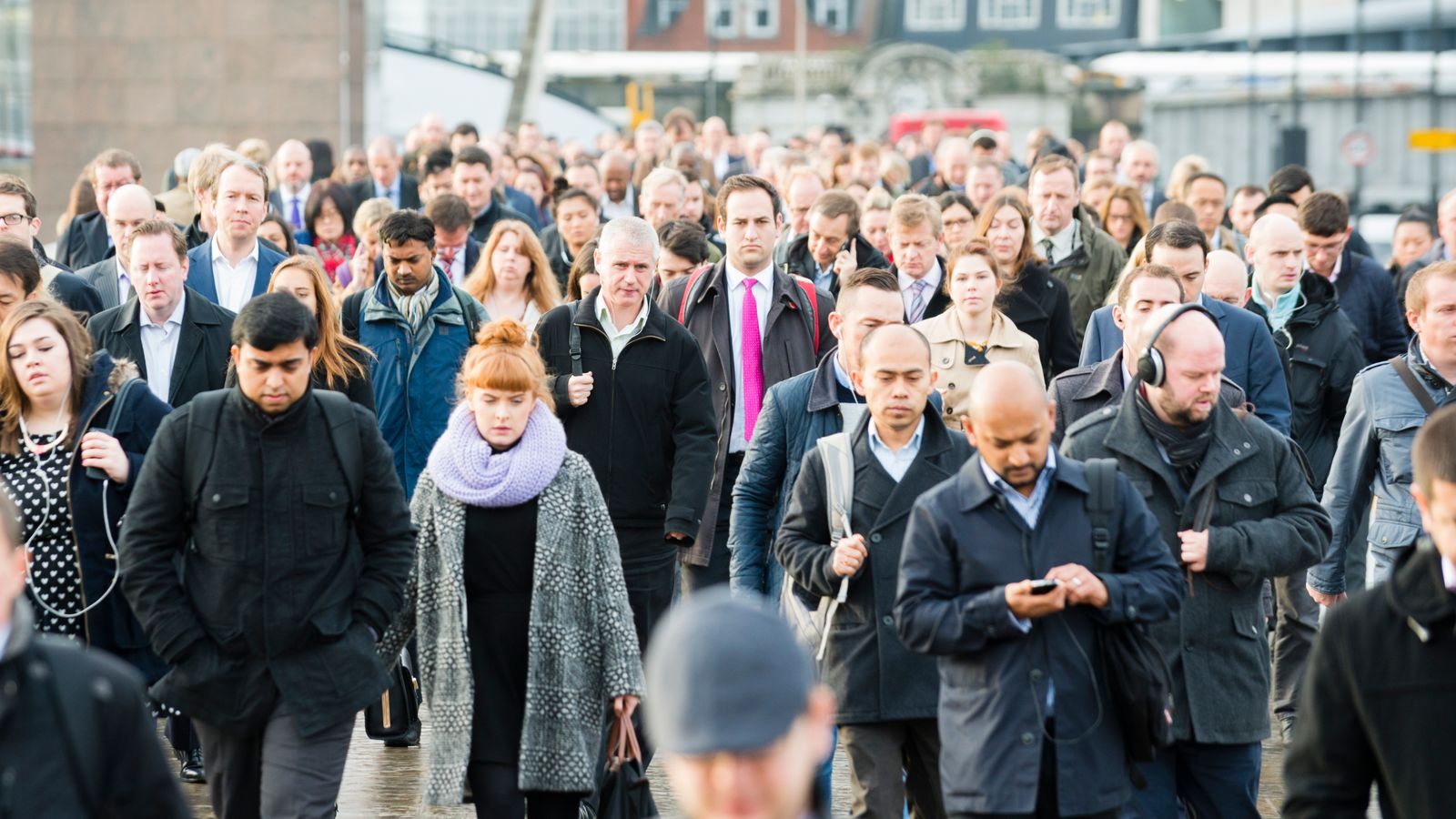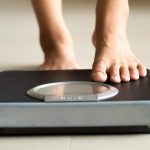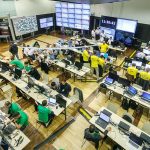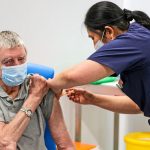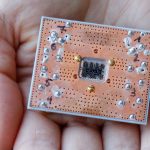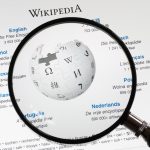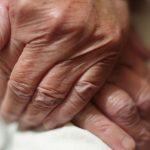Leading scientists have warned of the risks of lifting the majority of COVID restrictions on 19 July, saying there will be an increased potential for the virus to mutate.
Dr Mike Tildesley, a member of the Scientific Pandemic Influenza Group on Modelling (Spi-M) government advisory panel, said the planning reopening in England means there is a risk of exposing more people to infection.
“Of course, the more cases you have, particularly with high levels of vaccine protection, that does then kind of challenge the virus a little bit more and gives more potential for it to mutate into a form where the vaccines are less effective,” he told Times Radio.
Professor Helen Stokes-Lampard, chair of the Academy of Medical Royal Colleges, highlighted that COVID cases, hospital admissions and deaths are rising and said she was “profoundly concerned” about restrictions being lifted.
In most areas of England, the rate of new coronavirus cases is back at levels last seen during the winter, while hospital patient numbers have risen to levels last seen in April.
Cases in the past week have risen by 30.7% compared with the previous week, while deaths in that period have risen by 43.1% and hospital admissions have increased by 55.9% in the week to 5 July, the latest figures available show.
Prof Stokes-Lampard told Sky News: “They are all going in the wrong direction.
“We’ve come so far and there is an end to this pandemic. One day the pandemic will be over, although COVID will be with us forever. We do have to learn to live with it.
“And that means being cautious and responsible and not rushing headlong and thinking it’s all over.”
Prof Stokes-Lampard said there “seems to be a misapprehension that life will return to normal” from 19 July and that “we can throw away all the precautions”.
“Frankly, that would be dangerous,” she told the BBC.
“It feels in hospitals and GP surgeries as like the middle of winter in terms of how busy we are, rather than July, which would normally see a very low number of infections.”
She said No 10’s suggestion of making NHS staff exempt from self-isolation if they are “pinged” by the COVID app to help workforce levels was “a sensible next step”.
Dr Tildesley added that choosing whether to re-open or not is “a very difficult decision for the government”.
He agreed the UK is “in a sense” part of an experiment when it comes to lifting restrictions but the UK has much higher levels of vaccine rates than most other countries.
The Spi-M member called on people to get their second vaccine dose as there are “much higher” levels of protection against the Delta variant after two doses.
